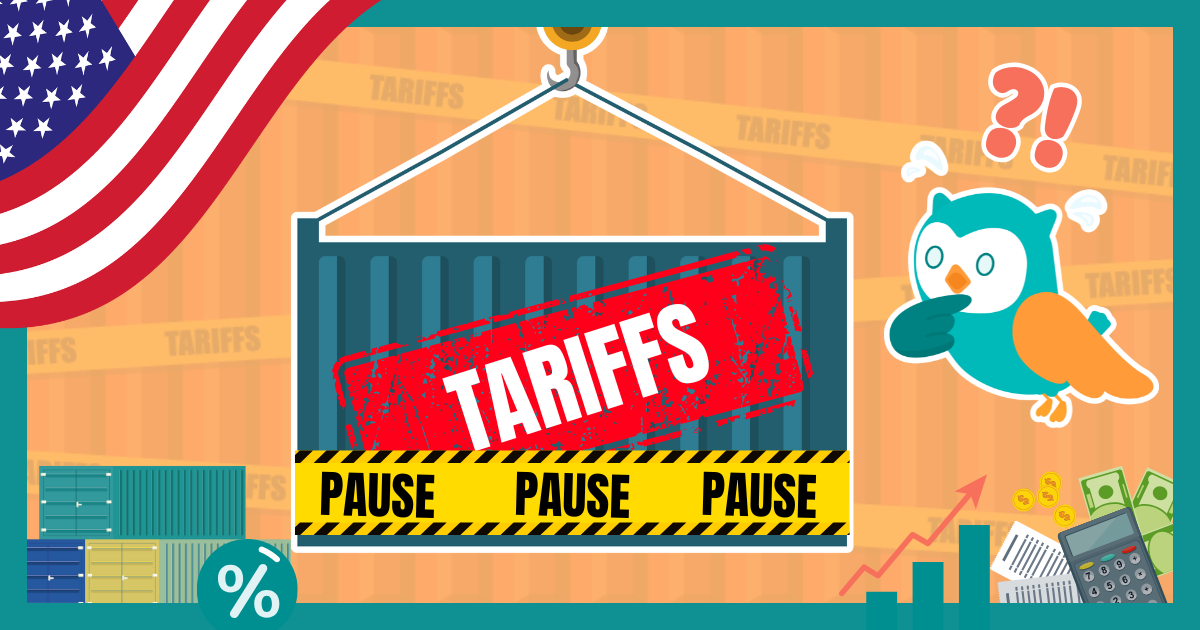Note: It was announced in November 2023 that MoneyOwl will be acquired by Temasek Trust to serve communities under a re-purposed model, and will move away from direct sale of financial products. The article is retained with original information relevant as at the date of the article only, and any mention of products or promotions is retained for reference purposes only.
______________
Got questions on insurance? In this month’s Ask Me Anything, we answer all your insurance-related questions – from hospitalisation and disability income plans to getting your child insurance.
Question: Is a MediShield plan sufficient to cover hospitalisation or do I need to buy a private Integrated Shield Plan?
“MediShield Life is a basic healthcare coverage provided to CPF-contributing Singapore citizens and Permanent Residents. While it can cover a portion of hospital bills up to a limit of $150,000 per policy year, it only extends to class B2 or C wards in public hospitals. The claimant is also expected to pay for deductibles and co-insurance. Therefore, it is ideal to upgrade to a Medisave-approved private integrated shield plan (IP) to have access to private hospitals and/or class A/B1 wards in public hospitals. It also increases the claim limit per year.
Pairing the upgrade with a rider via cash to cover for deductibles and co-insurance is optional. However, it is recommended for people who are still healthy. This is so that they can secure comprehensive healthcare coverage by up to 95%. The remaining 5% out-of-pocket co-payment is typically capped at $3,000 per policy year, depending on plan type and insurer.” – Client Adviser Axel Toh
Question: Do I need to buy insurance for my children? If so, at what age should I start?
“Buying insurance for children is an important decision for parents. The first and most important insurance to buy is a Hospital & Surgery plan. Singapore Citizens and PRs are automatically enrolled into MediShield Life, but this national plan is very basic and has many limits of coverage. For those of us who prefer to be able to choose a doctor at the hospital, it is important to purchase Integrated Shield hospital plans to cover restructured hospitals from Ward B1 and above. These plans can be applied as early as 15 days from birth. The premiums for children mostly do not change for the first 18 years of their life and most parents opt to take up plans that cover private hospitals due to the lower premiums. For some parents, after they have gotten sufficient coverage for themselves, they also purchase insurance for critical illnesses for their children. In the event of the child being diagnosed with a critical illness, this allows the parent to stop work to care for the child during this difficult time. Parents may also want to purchase such insurance early while the child is healthy and insurable.” – Client Adviser Colin Lai
Question: Is there any plan that gives a monthly payout? If so, how much capital is needed and how much and how long will the monthly payout be?
“There are Retirement Income plans offered by insurers that provide monthly payouts. Individuals can choose either a one-time lump sum premium or pay premiums via a regular period. The premiums for such plans can start as low as $200 per month, but this is subject to the insurers’ conditions. Different insurers have different conditions like they may limit the maximum age of entry, have a minimum period of accumulation before the payouts start and so on. These plans also allow for the income payout period to be flexible. It can start as early as age 55 and the payout period can be for a period of 5, 10, 15, 20, 25 years, or to age 99.” – Client Adviser Chee Ping
Question: What are the differences between Disability Income, Total Permanent Disability and CareShield Life?
“There are different types of disability insurance in the market. The most common is Total Permanent Disability (TPD) – this is usually a rider attached with death coverage under a life insurance policy. The coverage duration may cover you until age 65/70/75. The definition to claim is very strict – life assured is unable to do 3 out of 6 Activities of Daily Living (ADL), has to lose any two functions: sight in both eyes/use of two limbs; or totally unable to perform any occupation to earn an income. TPD claims payout as a one-time, lump-sum payout.
CareShield Life is a mandatory basic severe disability insurance for citizens and permanent residents above age 30. This policy pays out $624/month (as of 2022) if the life assured is unable to perform 3 out of the 6 ADLs. Unlike TPD insurance, this insurance covers you for a lifetime. The purpose of this insurance is to provide a monthly benefit to supplement the cost of long-term care (e.g. domestic helper or nursing home) when we are too ill or injured to take care of ourselves. The risk of losing the ability to care for ourselves increases as we get older. Since the cost of hiring a domestic helper to care for us will cost about $1,200 per month, we recommend getting a CareShield Life supplement plan to increase the coverage to $1,200 per month. We can use a maximum $600 per year from our CPF Medisave to pay for this CareShield Life supplement plan. Such plans not only increase the monthly benefit but also allow the benefit to start earlier when we are unable to perform 2 out of 6 Activities of Daily Living (instead of the usual 3).
The next disability insurance is called Disability Income insurance. This insurance has the most lenient claim definition. In the event that we are unable to perform our material duties due to an illness or disability, the monthly benefit will start after a short deferment period. The coverage duration can be chosen up to the age of 55, 60, or 65.
Each of the above disability insurances serve different purposes. Depending on your life stage, we will recommend the disability insurance that is essential to you.” – Client Adviser Miya Ding
Question: Is term insurance offered by different insurance companies the same? What should we look out for when purchasing term insurance?
“Term insurance is life insurance that provides insurance coverage only for a fixed period of time. Term insurances offered by different insurance companies are not the same, although fundamentally the plans covers Death/Terminal Illness. The differences between term insurance offered by different insurance companies are the premiums, credit ratings of the companies (ability to pay policyholder’s claims), coverage amount, and policy conditions. For some insurers, they may provide the option to increase coverage during a life stage change (marriage, property purchase, etc) without underwriting. They may also include different numbers of critical illnesses on top of the mandatory 37 CIs that are regulated by the Life Insurance Association.
When getting a term plan, it is important that the insurer’s credit rating is good. Since term insurance usually have smaller premiums than whole life plans, it is more important to approach the purchase from the basis of getting sufficient cover over the period of time you need it instead of approaching it from a cost perspective. Be careful when you purchase such insurance online as the premiums may not be level throughout and you may be hit with an unexpectedly high premium as you get older.” – Client Adviser Norris Wong
Have a question of your own? Write in to askmeanything@dev.moneyowl.com.sg and look out for our Moneyowl answers in upcoming months. We also have a live AMA session on Instagram – so follow us now for more updates!




